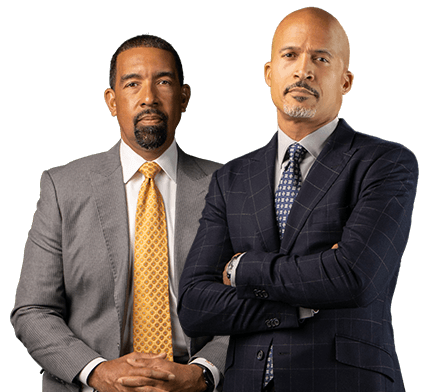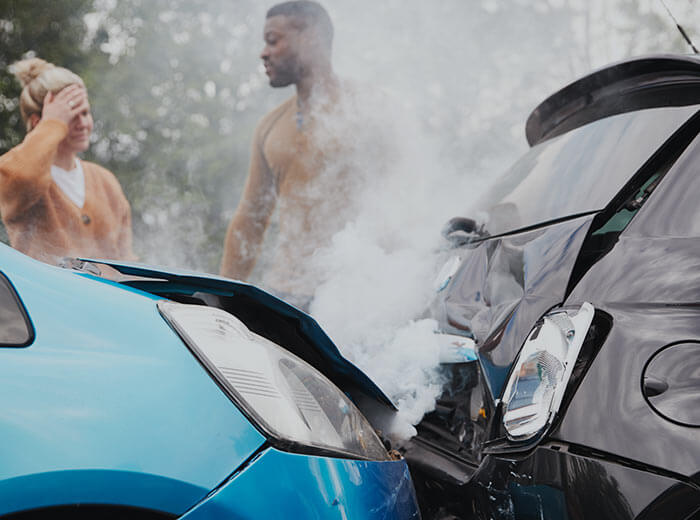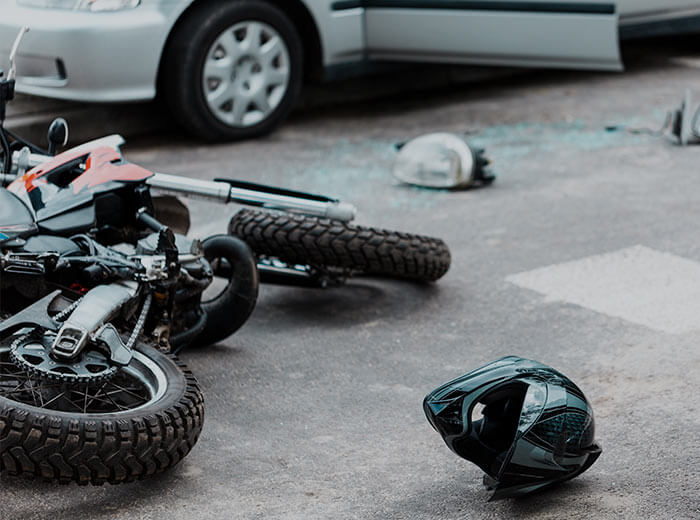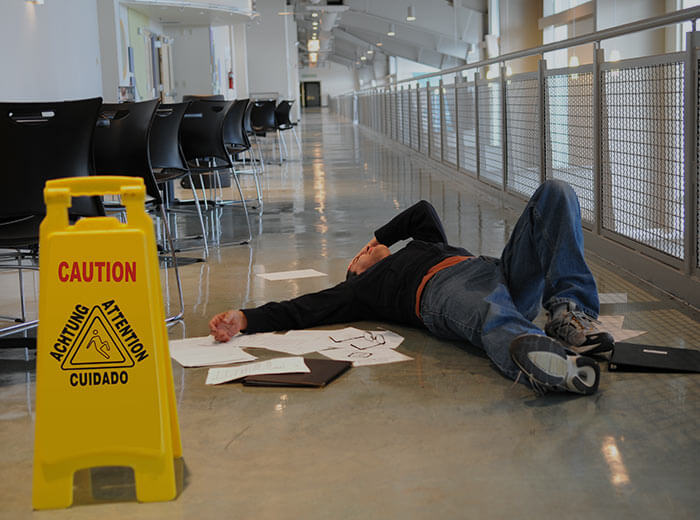Why are Big Trucks Different?
You probably know that a special driver’s license is required to operate a large truck. That’s true not just for semi-trucks and tankers, but even large box trucks, dump trucks, garbage trucks and other vehicles that have a gross vehicle weight rating (GVWR) over 26,000 pounds. That’s the maximum the vehicle can weigh when fully loaded, not empty.
There’s a reason it takes training to operate those vehicles. A big truck is harder to handle on the road in a lot of ways. Blind spots are different and often larger. A large truck is harder to maneuver than a smaller vehicle–quick turns and lane changes are dangerous or impossible. A much heavier vehicle also has greater momentum, and that means longer stopping distance. And, the structure of some large commercial vehicles makes them more vulnerable to destabilization that can cause a rollover or a jackknife.
Dallas drivers are used to sharing the road with semis and other large trucks, but that doesn’t mean you should think of them like any other vehicle on the road. It’s important to understand the added dangers associated with commercial trucks and avoid actions that can put you at risk, like pulling in too close in front of them, stopping or slowing suddenly with a big truck behind you, or riding in their blind spots.
Despite these differences some of the causes of truck collisions are the same as any other motor vehicle crash. These include:
- Violations of traffic safety laws and regulations, such as speeding
- Driving too fast for conditions
- Following too close
- Distracted driving
- Vehicle maintenance issues
Some causes are also specific to big trucks, or even certain types of commercial motor vehicles. For example:
- Overweight or overloaded trucks
- Improper “tie-down” or loading
- Insufficient training
Finally, some causes of truck accidents are similar to possible causes of any motor vehicle accident, but are treated differently. For example, any driver can cause an accident if they are too tired to drive safely. But, a fatigued commercial truck driver may also have violated federal hours-in-service regulations. Similarly, being impaired by alcohol is a common cause of motor vehicle accidents and deaths. But, the legal limit for a commercial truck driver is much lower than the limit for the driver of a passenger vehicle.
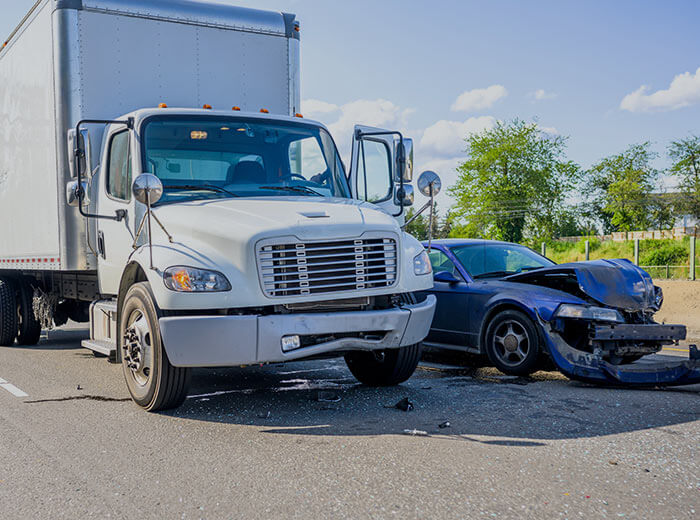
Why are Commercial Truck Accidents Different?
Big truck crashes are especially dangerous in another way as well: the potential for serious injury and death is more significant. Commercial vehicles are responsible for a disproportionate percentage of fatal motor vehicle accidents in Dallas County–nearly 12% in the most recent year reported.
It’s not hard to see why a large truck might cause more serious injury and be more likely to cause fatal injuries. The difficulty in slowing and stopping a large, heavy vehicle means the truck may be traveling faster when it makes contact with a smaller vehicle, or even a pedestrian or bicyclist. Higher speeds on impact typically mean more serious injuries, but that’s not all. A loaded semi-truck may weigh as much as 80,000 pounds, compared with a few thousand pounds for a small car and 5,000-6,000 pounds for a large SUV. Even a smaller, lighter commercial motor vehicle like a dump truck or cement mixer may weigh 25,000-30,000 pounds empty. The protective shell of the average passenger vehicle is no match for that amount of force.
Why are Big Truck Accident Lawsuits Different?
Big trucks present special dangers on the road and tend to do more harm when they’re involved in crashes. But, the complications don’t end there. Truck accident claims can also be more complicated. That means it can take more work and more time to get the compensation you deserve.
Some reasons commercial truck accident cases can be more complex include:
- Having to sort out liability with multiple possible responsible parties and differing relationships between trucking companies, drivers, shippers and others
- The increased possibility of dealing with out-of-state defendants, which means different procedural requirements
- Potentially more complex mechanical issues that may require the use of expert witnesses
- The fact that commercial motor vehicle cases–unlike most car accident cases–typically involve a mix of state and federal law and regulations
Damages in a Dallas Truck Wreck Case
If you’ve been seriously injured in a truck crash, you’re watching medical bills pile up, and you’re unable to work, it’s natural that you’d want to know what you can expect in terms of a truck accident settlement or jury verdict. The answer is different for everyone. Some of the most common types of damages you may receive in a truck accident case include:
- Reimbursement for or payment of your medical bills
- Money damages to cover anticipated future medical expenses associated with the accident
- Reimbursement for other expenses associated with your injury, such as special equipment, remodeling of your home to make it accessible, or paid help with tasks you can’t handle on your own
- Compensation for wages or other income you have lost as a result of the accident
- Compensation for projected future lost income
- Compensation for intangible losses, such as pain and suffering or loss of quality of life
An experienced Dallas truck wreck lawyer can tell you more about what types of damages may be available in your case, and how similar cases have been settled or decided in the past. However, it’s important to remember that every case is different, and no lawyer can make specific promises about the amount of compensation you will receive. Often, expert witnesses will be required to establish the value of your claim.
How the Right Dallas Truck Accident Lawyer Can Help
Not every injury lawyer–or even motor vehicle accident lawyer–has the knowledge, experience and resources to handle a commercial truck accident case involving serious injury or death. The best truck accident lawyer will:
- Have specific experience with commercial truck crash cases
- Have knowledge of the federal regulations that can help establish negligence in a truck accident case
- Understand the unique types of evidence that may be relevant in a truck crash case, such as hours-in-service logs and information stored in the truck’s “black box”
- Be prepared to thoroughly assess the roles of everyone involved in owning, operating, maintaining, loading, controlling the route of the truck and those who employ or contract with them
- Act quickly to secure evidence that may be lost forever when the truck is repaired or scrapped
- Have access to the expert witnesses you may need for complex litigation
You’ll also want to work with a truck accident attorney who:
- Knows the tactics insurance companies often use to mislead injury victims into quick, low-ball settlements and provide a buffer between you and the insurer
- Understands the stress you’re under and the financial, physical and emotional toll a serious accident takes
- Answers your questions patiently and thoroughly, so you always have confidence in how your case is being handled and know what to expect
- Listens to your concerns and works toward a solution that’s best for you, whether that means negotiating the best possible settlement or fighting for you in a Dallas courtroom
- Is proactive about gathering evidence and putting together the strongest possible claim for you
- Can help ensure that you have access to the medical care you need while your case is pending
What Our Clients Say
The I Just Got Hit Team is Available 24/7
The I Just Got Hit (Godsey Martin, P.C.) Dallas truck accident team understands that if you’ve been injured in a truck wreck, you need help now. We’ll be by your side at every stage of the legal process, fighting the negligent driver who hurt you and the insurance company that wants to protect its bottom line instead of giving you fair compensation. Contact us today to get your case started.
Copyright © 2007-2025 Godsey Martin LP, All rights Reseved.
Web Design by Pixelchefs.com


